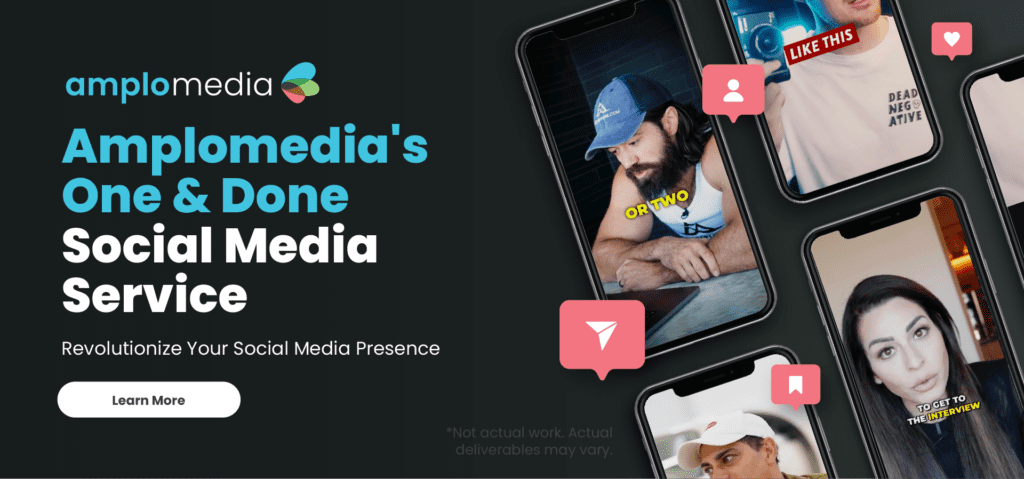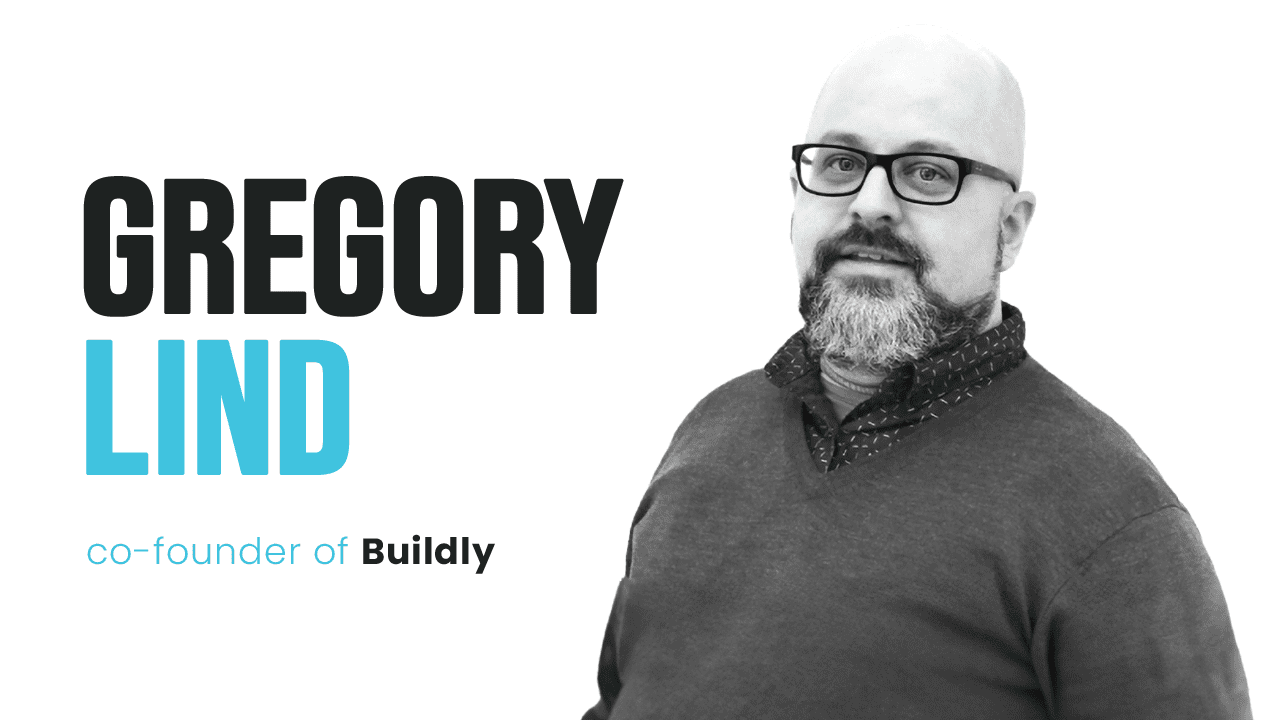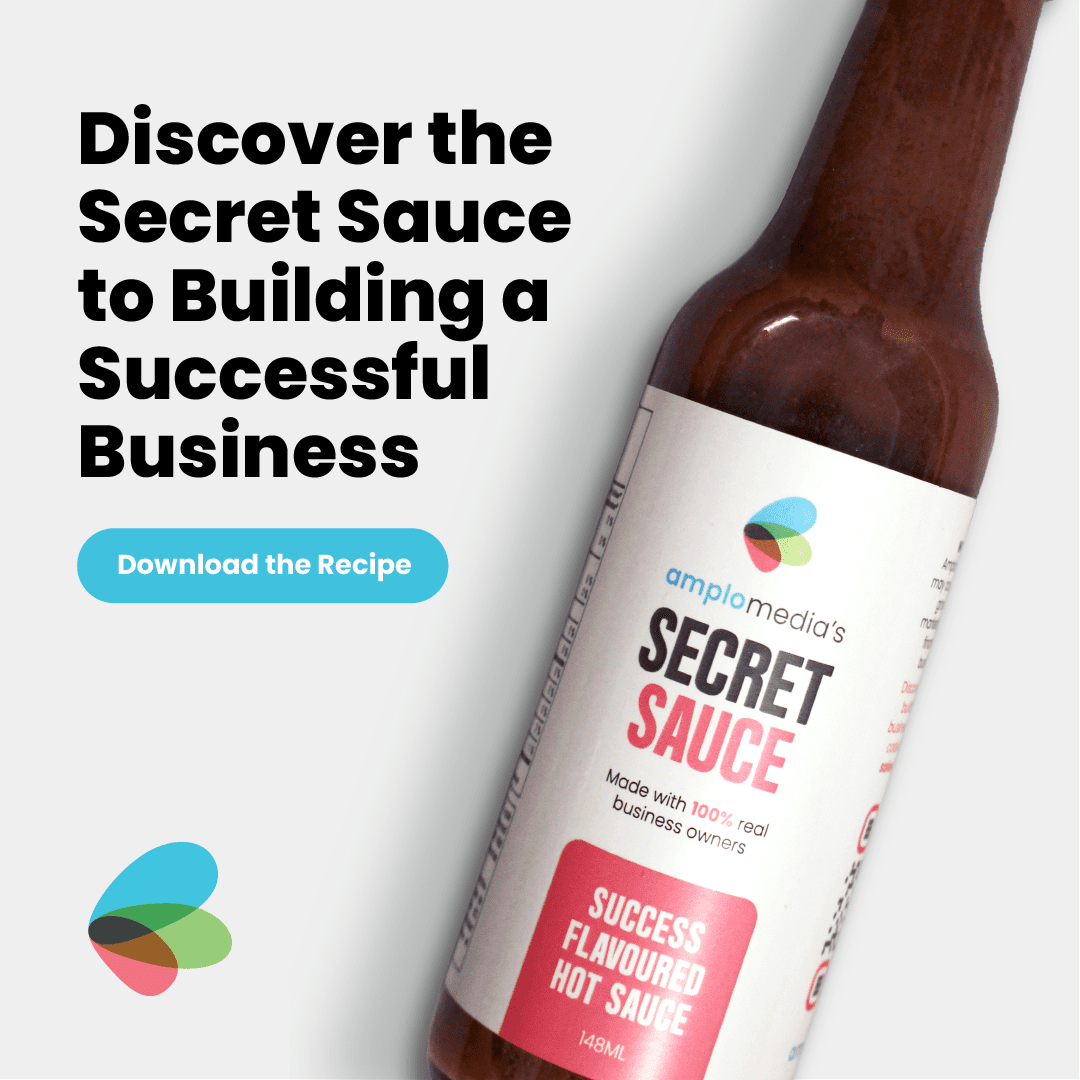In the fast-evolving landscape of product development and AI integration, Greg Lind has carved out a unique niche. As co-founder of Buildly, a product management platform that caters to early-stage startups, Lind’s journey highlights the challenges of building innovative solutions for the software industry, while also shedding light on the importance of community, agility, and learning from mistakes. In an engaging conversation, Lind shared his entrepreneurial experiences, the lessons he has learned along the way, and the challenges he faces as he continues to grow his business.
Building a Product for Early-Stage Startups
Buildly offers a product management platform designed specifically for early-stage startups and bootstrappers. The idea stemmed from the challenges many entrepreneurs face in the initial stages of building a software product—finding the right team, estimating timelines, and determining the architecture needed to build a scalable solution. “Our focus is on helping startups that are at the idea stage, or bootstrappers who may not have all the resources to get started,” Lind explains.
Buildly is designed to streamline communication and collaboration between different teams, such as developers, product managers, and marketing teams. “You can have everyone—from your business team to your UI/UX designers—all communicating through one central dashboard,” Lind says. This level of integration is particularly important for startups working with remote or offshore teams, as it simplifies the management process, bringing together tools like GitHub and Trello into one place for easy access.
The timing of his launch couldn’t have been better. Lind recalls how his company started out during the tail end of the COVID-19 pandemic, a time when remote work and offshore collaborations were booming. “We saw a lot of issues with startups trying to communicate for the first time with remote teams,” he says. His platform now solves these pain points by helping non-technical founders communicate their ideas effectively with technical teams, even without extensive technical knowledge.
Integrating AI Into the Platform
Buildly is also heavily focused on AI integration, and this, he says, has been one of the most transformative aspects of their journey. The platform leverages AI not only for basic automation but also to enhance product management functions. “The AI helps with generating new features, organizing user stories, and even making architecture suggestions,” he explains. The aim is to make the product management process as smooth and efficient as possible for startups that may not have a dedicated product manager from the outset.
However, Lind is quick to point out that AI is not a cure-all solution. “AI is great for quickly processing data, but it’s not as smart as you think it is. You need to keep retraining it, you need to keep testing it,” he cautions. Lind’s advice to other entrepreneurs looking to incorporate AI into their business is to be realistic about its capabilities. “Don’t rebuild the wheel,” he advises, urging businesses to leverage existing AI models instead of trying to build everything from scratch.
He also highlights the importance of ethical AI development, pointing out the need for continuous testing and monitoring to ensure that AI-driven products are not feeding users incorrect or harmful information. “AI should always be integrated with a level of ethical oversight,” Lind adds, underscoring the importance of responsible AI use in the startup world.
Learning From Mistakes
One of the most significant takeaways from Lind’s entrepreneurial journey is the importance of learning from mistakes. Reflecting on his past experiences, Lind admits there are a few things he would have done differently, particularly in the early days. “I would have spent more time on research and learning,” he says, acknowledging that in the beginning, his team may have been too focused on moving fast and not focused enough on learning from their failures.
One of Lind’s key lessons was about the timing of raising capital. “Don’t be in too big of a hurry to raise money,” he warns. “Build your product for customers, not investors.” Early in his career, Lind co-founded a startup that made the mistake of relying too heavily on early-stage investment without having a fully developed product or a solid customer base. The pressure to satisfy investors led to a loss of control over the product’s direction. “We ended up losing control of where we wanted to go,” he says, adding that this experience has shaped his current approach to business.
Agility and the Importance of Adaptation
For Lind, one of the core values of his company is adaptability. The “move fast and break things” mentality often touted in the tech world isn’t something he fully subscribes to. “I have a fundamental disagreement with that approach,” Lind says. Instead, he believes in moving fast in the learning process but taking the time to ensure the product is developed correctly. “You have to be agile in how you adapt to change, but you also need to make sure your team has the opportunity to learn and grow from their mistakes.”
Creating a culture of learning and open communication has been key to fostering innovation within his team. Lind emphasizes the importance of allowing team members to make mistakes and learn from them. “You have to give everyone a voice and let them contribute to the learning process,” he explains. This cultural approach has helped his team stay agile and responsive to the evolving needs of their customers.
Challenges on the Horizon
Looking ahead, Lind sees several challenges that Buildly will need to overcome to continue growing. One of the biggest obstacles, he says, is communicating the value of his product to potential customers in a concise and effective way. “I know that when I show someone the platform, they get it, and they’re excited,” Lind says. “But distilling that into a 30-second social media post or a quick advertisement—that’s hard.”
As a technical co-founder, Lind acknowledges that marketing is not his area of expertise, and he has been working to overcome that by bringing in experts who can help. “I need to either find a co-founder who has that marketing skill set or hire someone to help us get there,” he says. This, he believes, will be critical for scaling the company and reaching a wider audience.
Final Thoughts
Greg Lind’s journey as an entrepreneur is a testament to the importance of learning from failure, staying adaptable, and building products that solve real problems for customers. His company’s focus on AI integration and product management for early-stage startups addresses a key gap in the market, and his thoughtful approach to building a business offers valuable lessons for entrepreneurs at all stages of their journey.
For Lind, success comes from balancing the drive to innovate with the patience to learn and adapt. As he continues to scale his business, his focus will remain on building a product that serves the needs of his customers while navigating the evolving challenges of marketing and AI integration. His journey is a reminder that in the world of startups, there is no substitute for resilience, adaptability, and a willingness to learn from mistakes.
Connect with Buildly on LinkedIn
Connect with Buildly on Facebook
Connect with Gregory on LinkedIn


